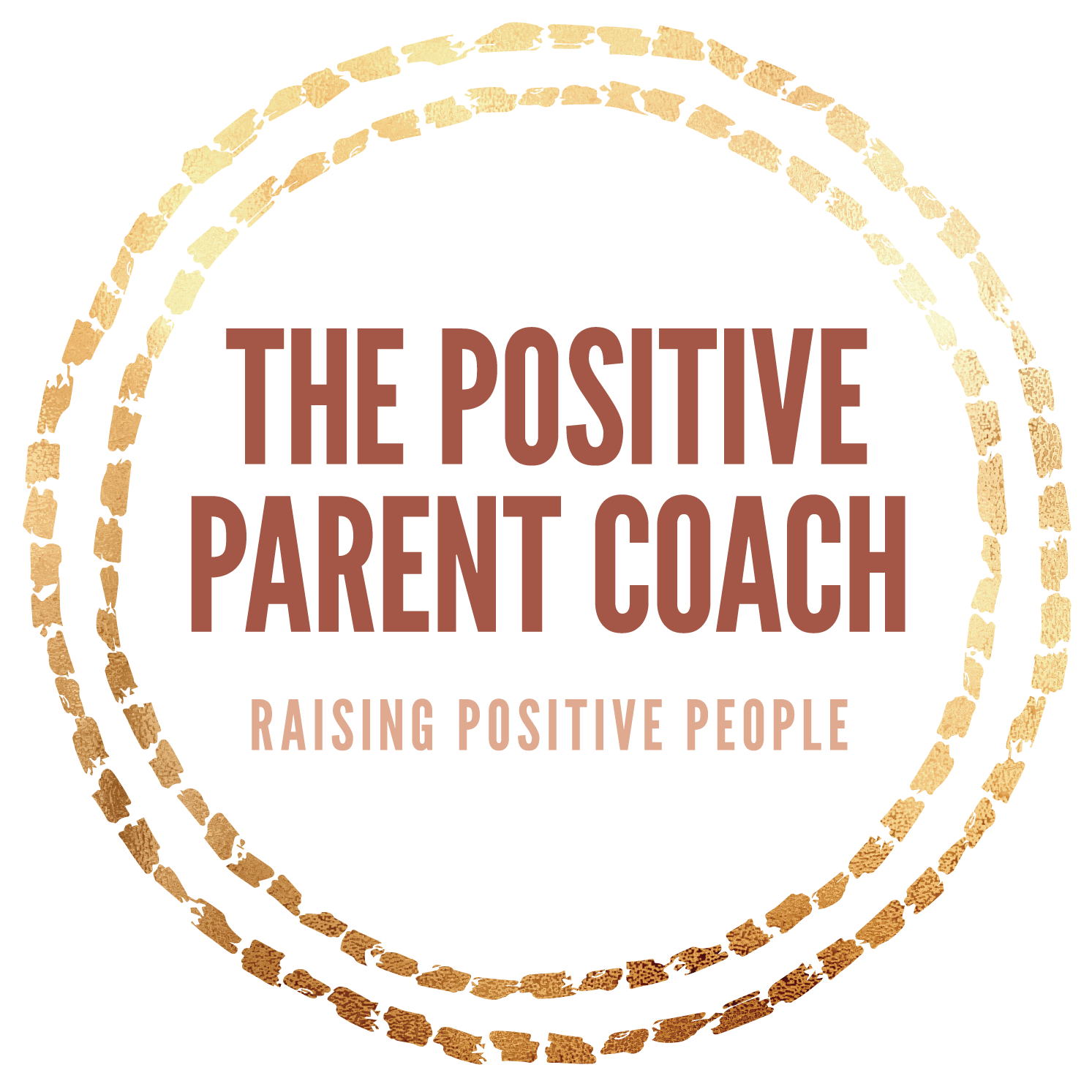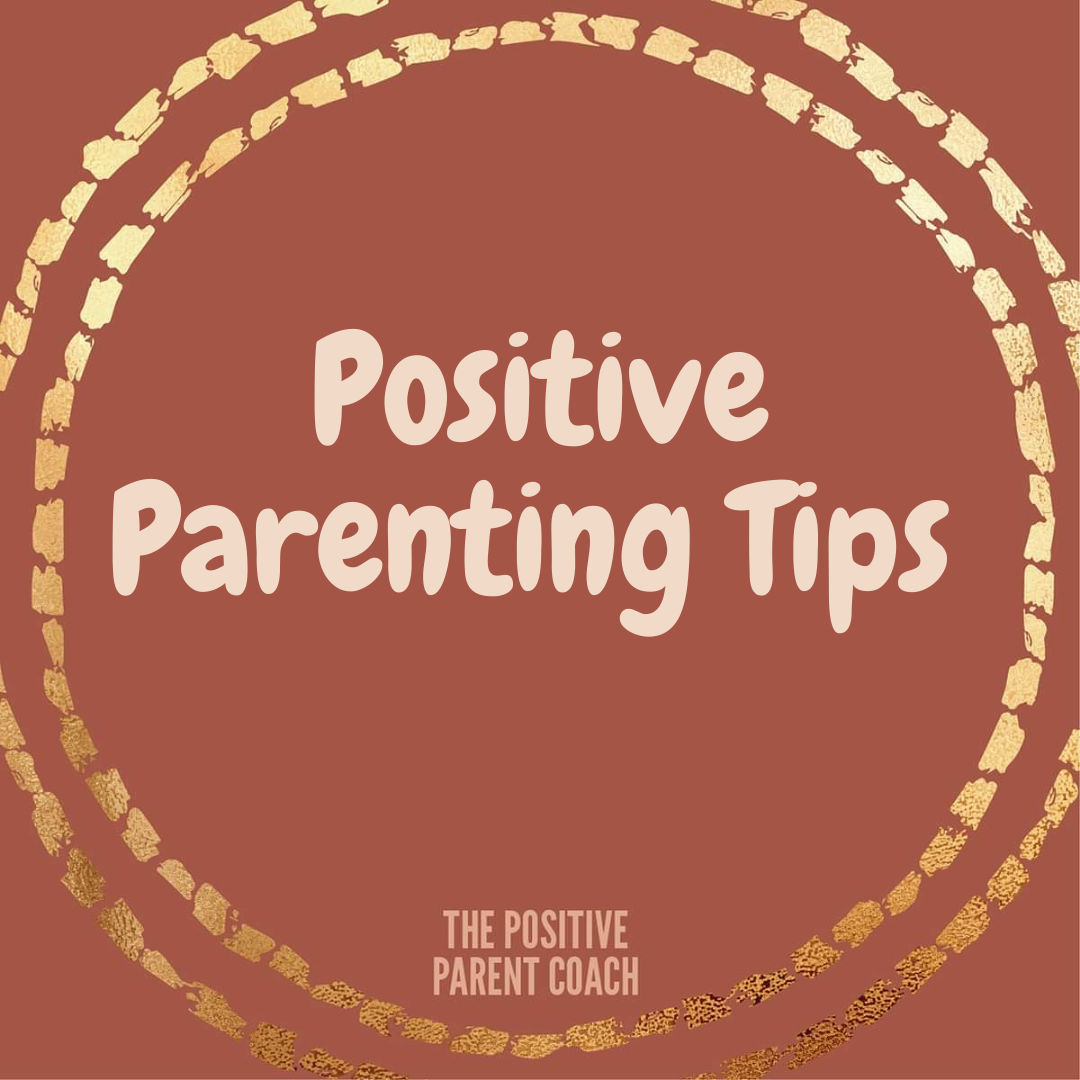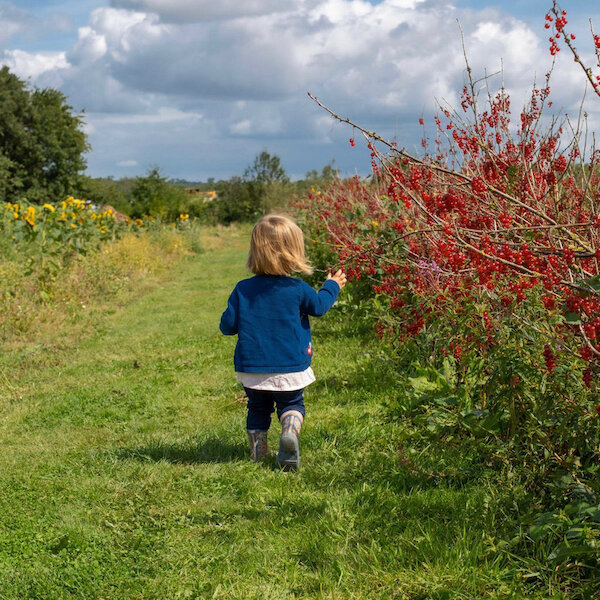Setting limits:
Having appropriate and effective boundaries in place not only supports you as it makes parenting easier, but it also makes things more predictable for your child. This removes the potential for anxiety around the unknown and reduces the opportunities for your child to push back. Setting these limits can feel hard at first, but the more you practice it the more automatic it becomes and this has positive knock on effects.
Setting limits for getting your child to stop watching the tv and come and eat dinner at the table might look like this:
We need to turn the tv off for dinner now
You can watch your show again after dinner
I know you wanted to finish watching it now and you're sad you need to take a break. I would be sad too because you're enjoying it but you can watch again after you've eaten.
If you don't turn it off and come to dinner now you won't be able to watch the rest afterwards
Give your child the choice to turn it off or you will. If they refuse then follow through and don't let them watch the rest after dinner
This illustrates how you...
1. Set the Limit
2. Clearly outline the boundary
3. Empathise and Validate their feelings
4. Reinforce the boundary and introduce the consequence
5. Keep their power bucket full by giving them the power to make the choice around ending the show
It's important that you stand firm and follow through on any boundaries or consequences outlined.
Risk Taking:
Do you encourage your child to take risks or do you feel anxious about giving them more control over this?
Do you mow down potential Challenges for your child or let them navigate them by themselves?
Taking risks and learning our own limits is an important part of growing up and developing independence, confidence and resilience but it can be scary for parents. Of course your instinct is to keep your child safe. But try and take a step back and give them the opportunity to learn what is safe for them.
This is always a judgement call because children are all different and risks differ in terms of likelihood of severe consequences so always stay nearby and talk to your child about it. Sometimes there will be things they want to do that really aren't appropriate yet- find something they can try and distract them with a choice around that instead.
Children as young as 1 year old can start to learn to assess risks when supported- think of your role as a coach!
You can encourage your child to develop awareness around their own limits and when they might need to ask for help vs taking risks by adapting the language you use when talking to them. For example trying to empower rather than telling them 'no' or 'get down'.
Managing Big Feelings:
One of the biggest parenting challenges we experience can be helping our children to manage big emotions. That feeling of emotional overwhelm that results in a meltdown or tantrum is something every parent can relate to (and probably dreads happening especially in public!)
You can support your child through this process by thinking about the language you are using and following my approach of label- validate- connect Your child needs to feel understood and heard, and you need to remain calm and empathise with them. Being able to truly understand how they might be feeling will help you to keep your cool and not see the meltdown as a personal attack on you too.
Changing your language is one way of supporting your child to understand their emotions and feel ok in sharing them.







